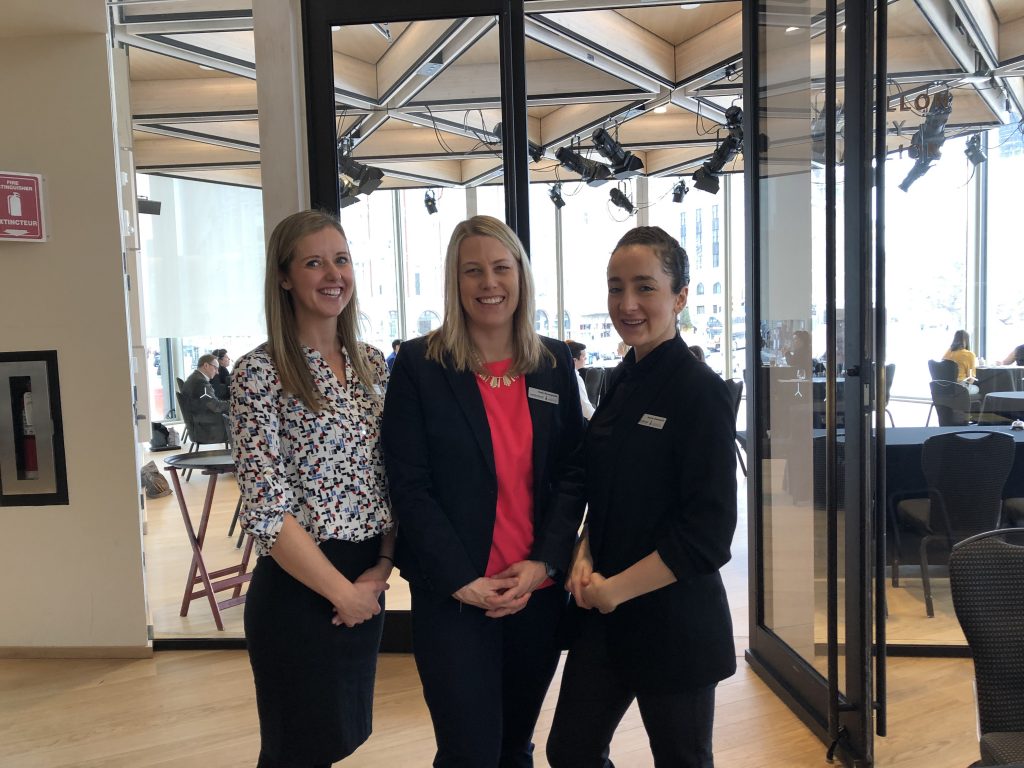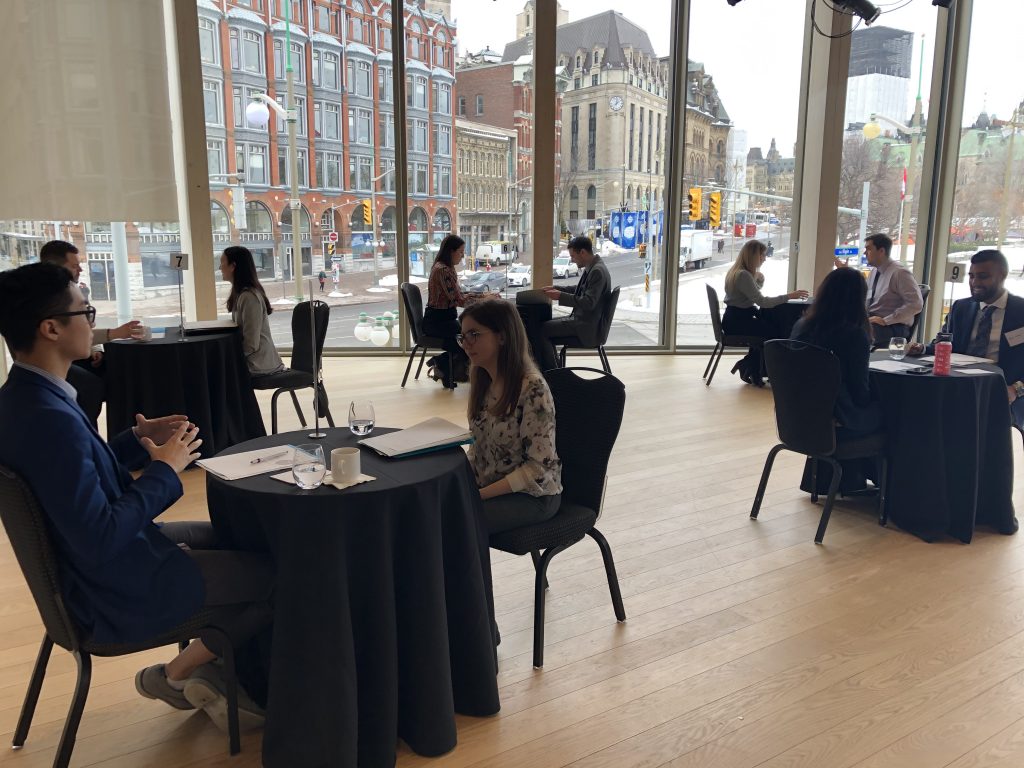
MPP program’s placement success continues
Although “the pandemic has been incredibly challenging,” according to Professor Dan Zuberi, the Master of Public Policy program at the Munk School of Global Affairs & Public Policy has been wonderfully successful in placing its students in internships and helping them find jobs after graduation.
“We were concerned about the impact of the pandemic on the program,” says Zuberi, the program’s director, “but we have found that, for many, this has been the best time to invest in graduate education in public policy. The situation required creativity and flexibility by faculty, staff and students. For example, when many summer internships were cancelled last year, we offered several courses during the summer semester and were able to place students in fall internships instead.”

In fact, 100 per cent of first-year students were able to complete their internships last year and, by late April, the program had already placed 98 per cent of this year’s first-year cohort for the summer, says Katie Boomgaardt, the program manager for internship and career placement at the Munk School.
In addition, 58 per cent of the second-year graduating class already had secured policy professional job positions by the end of April, a record for the program.
“We’ve never had employment statistics this high,” says Kate Dewasha, the program’s career and outreach development consultant. “In 2017, we came close, with 47 per cent of students who had offers of employment by the end of April. “The Munk School has an excellent reputation with the policy community, and as alumni emerge as leaders in various levels of government, employers come to us looking for candidates because of the strong students the school produces.”
Fatemah Ebrahim (MPP’21), president of the MPP Students’ Association, had a fascinating internship and has an exciting job lined up after graduation in June.
As an intern, she worked in the Strategy and Analytics Unit of the Ontario Cabinet Office at Queen’s Park, where the team was focused on COVID-19 recovery planning. She did research on how other jurisdictions with similar governance structures were handling the pandemic. Ebrahim also sat in on the Central Command Table for COVID-19, taking minutes and helping to organize the agenda.
“It was incredibly fast-paced and 99 per cent of the work was evidence-based; we were the voice of reason,” says Ebrahim. “This internship debunked any myths about the slow workings of bureaucracy.”
Once she graduates, Ebrahim will be working for the Ottawa-based Public Policy Forum, a non-profit organization, where she’ll be involved in research

and projects to make policy applicable and practical to implement. It’s a job she found using strategies provided during the Munk School’s Career Week.
Career assistance and networking opportunities are among the MPP program’s extra benefits. Staff organize three speed-networking events for graduating students during the year, either virtually or in person: one in Ottawa, focusing on the federal government; one with a network of municipalities; and a third with the Ontario Public Service. These events frequently result in job offers for students.
There are also a variety of workshops throughout the year on topics such as writing a briefing note or data visualization, all focused on helping students to improve their skills and marketability.
Frank Ye, another graduating student, received a job offer in February from the Public Health Agency of Canada. The job arose from the Ottawa speed networking event.
“It’s one of the most painless job searches I’ve ever had,” Ye says. “Having the offer so early takes a huge weight off my mind.”
The pandemic has had an upside for the program, too, providing opportunities that students might not have been able to undertake without a virtual workplace. First-year MPP student Emily Neeson is doing a six-month internship with the climate change mitigation team of the Organization for Economic Co-operation and Development (OECD), based in Paris. Given the length of the internship and the necessity of working part-time while finishing the semester, it’s not something Neeson could have done without the opportunity to do her work virtually.
“The Munk School helped me tailor my resume for the application and put it out for me,” says Neeson, whose interest lies in environmental policy. “I’m able to apply what I’ve learned in school, so everything is clicking into place.”
Zuberi is delighted to see the MPP program going strong.
“For a relatively young program, I’m very proud of our achievements during this difficult time,” he says. “The pandemic has really brought the importance of policy home.”

